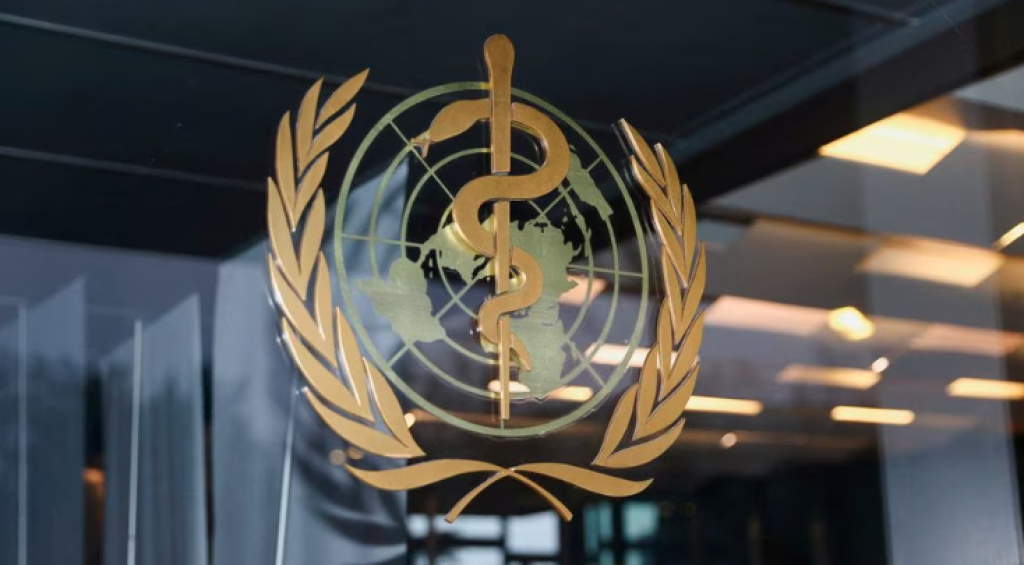Equatorial Guinea has confirmed its first outbreak of the Marburg virus, a highly infectious and deadly disease similar to Ebola, following the deaths of at least nine people, the World Health Organization (WHO) said on Monday.
The small Central African country quarantined more than 200 people and restricted movement last week in its Kie-Ntem province after detecting an unknown hemorrhagic fever. Neighboring Cameroon also restricted movement along its border over concerns about contagion. In addition to the nine deaths, Equatorial Guinea has reported 16 suspected cases of Marburg virus with symptoms including fever, fatigue and blood-stained vomit and diarrhea, the WHO said.
Marburg virus disease can have a fatality rate of up to 88%, according to the WHO. There are no vaccines or antiviral treatments approved to treat it.
The deaths have been preliminarily linked to a funeral ceremony in the Kie-Ntem province’s Nsok Nsomo district, Equatorial Guinea Health Minister Mitoha Ondo’o Ayekaba said on Friday. Local health authorities initially reported an unknown illness causing hemorrhagic fever cases on Feb. 7, and sent samples to a laboratory in Senegal that was able to confirm one as positive for Marburg virus disease, the WHO said. It said the teams are conducting contact tracing and isolating and treating suspected cases.
“Thanks to the rapid and decisive action by the Equatorial Guinean authorities in confirming the disease, emergency response can get to full steam quickly,” Dr Matshidiso Moeti, WHO regional director for Africa, said in the statement.
Source : Reuters







































































